-
18
Feb
How Electric Vehicles Affect the Automobile Industry
In auto shows everywhere, numerous carmakers are presenting their own versions of EVs or electric vehicles. EVs have already made it into the auto industry market. Billions of dollars are spent yearly by carmakers to develop and produce their own specialized EVs.
Electric Vehicle |
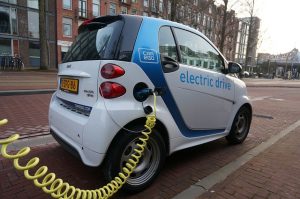
Yearly, there are around 1 million EVs and hybrid vehicles that are produced worldwide. EVs and hybrids have definitely changed the automobile industry landscape. Industry researchers predict that in a few more years, 40% of cars sold globally will be EVs.
Acceptance of the EV by the Automotive Industry
EV |
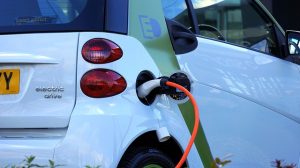
Among the world-renowned electric carmakers, Volvo, ranking second to Tesla, has announced that they will only produce EVs and hybrids, phasing out ICE-(Internal Combustion Engine) powered vehicles. Among the countries, China is the leader in EV manufacturing as it combats its worsening air pollution problem.
EV and Hybrid Car |
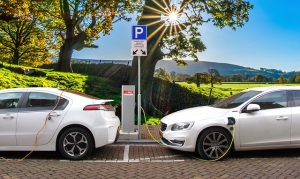
Other countries even pledged to ban non-EVs from their countries in the coming years. Norway and France will ban non-EVs by 2025 and 2040, respectively. Several cities, such as Mexico City, Paris and Madrid also announced that they will ban diesel vehicle by 2025. Other cities around the world are also moving forward to eliminate fossil-fuel-powered vehicles.
Electric Car Charging |

Even the U.S. government has enacted policies for strict emission standards for vehicles to prevent air pollution. It was 50 years ago when Ronald Regan, former governor of California, established the CARB or California Air Resources Board. From then on, carmakers and other U.S. states have started to adopt the measure to increase EV and ZEV (Zero Emission Vehicles) production and consumption.
How Tesla Changed the Game
Tesla Battery |
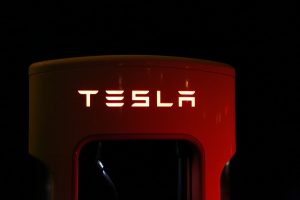
When people talk about electric vehicles, let us admit it, Tesla is the first thing that comes to mind. A few years ago, Tesla debuted in the automotive industry by launching its first luxury EV, the Tesla Roadster.
Though Tesla is not the inventor of the electric vehicle, it has significantly changed the playing field of global automotive makers. (Electric vehicles are invented by Robert Anderson in 1932.) Tesla has pioneered the EV manufacturing trend which was then followed by the leading carmakers in the world.
BMW EV |
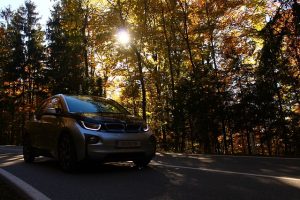
Big car companies used all of their resources to keep up with the changing automotive landscape. The EV trend jives well with the government’s moves to reduce air pollution through the use of low-emission vehicles and eco-friendly fuels.
EV Charging |
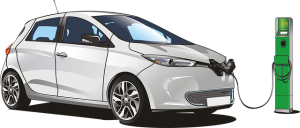
The EV manufacturing trend was slow to develop. In 2005, only less than 10,000 EVs and hybrid EVs were manufactured and sold. But in 2015, the EV manufacturing trend has finally exploded selling more than 70,000 EVs and more than 350,000 hybrid EVs in the U.S. alone. In 2017, Tesla has sold around 70,000 EVs, only a few thousands greater than BYD (China carmaker).
Though adaptable to change, the automotive industry, in general, is only changing gradually. And because of Tesla’s hyped up EV marketing, other carmakers followed the trend by creating their own ‘cool’ versions of the EV. Many technological changes were made by each car manufacturer to keep up with Tesla’s pace.
Electric Vehicle |
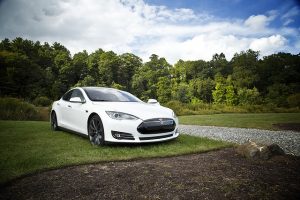
Tesla, though favored by Wall Street than other automakers when it comes to valuation, has failed several times in reaching the target production quota. This is a common problem with start-up companies that have a weak supply chain. Rushing for quota equates to lower quality and defective vehicles.
Some of the most interesting parts of the Tesla EVs are the OTA update capability, AI, and autonomous features. Tesla can update the car’s program on the air just like a mobile phone. It also introduced modern AI technology that unlocks more surprising features. The most debated among these features is the autonomous or auto-pilot capability of the Tesla EVs.
Tesla Charging Station |
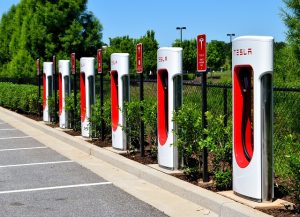
Many are open to the possible inclusion of partially autonomous vehicles. However, there is an increasing number of reported accidents caused by autopilot or autonomous driving. More testing is needed to investigate the feasibility and safety of fully autonomous vehicles.
Tesla vs. Established Automakers
In the third quarter of 2017, Tesla missed reaching the target production of Model 3. The company blamed the suppliers for this. This continued until the end of 2017.
Tesla |
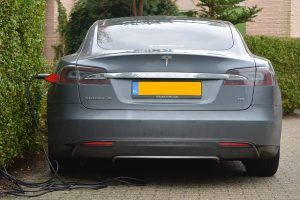
Tesla promised to reach the target 5,000 Model 3s by the second quarter of 2018. They did not attribute the problem to the suppliers anymore but it was obviously because of the lack of funding. Tesla is still a small company compared to well-established carmakers.
EV Charging |
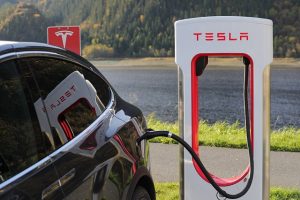
Tesla also produced their own batteries. It is receiving components from a single supplier, which makes it easy to predict when it suddenly slows down the production. Tesla is faulty in this aspect, unlike other carmakers that have a sturdy supply chain.
What are the Benefits of EVs?
Electric Car |

Prevention of Climate Change
Climate Change |

With all of the innovations and changes in the automotive industry, we may wonder if EVs really bring a significant effect on the environment. Primarily, EVs are called clean vehicles because these produce much lesser emissions that contribute to climate change. It does not add up to the waste build up in the atmosphere.
Conventional vehicles normally produce more emissions than EVs. Starting from the manufacturing up to the usage of conventional vehicles, a large number of pollutants are produced. EVs, on the other hand, produce fewer emissions because it is powered by electricity. Hybrid EVs still produce emissions but much lesser than the conventional car because those are more energy-efficient.
Health Benefits
Healthy Air |

Several studies prove that people who live near roads are more prone to lung diseases, heart diseases and asthma. EVs produce less to no emissions which makes the air healthier. It considerably reduces the number of people who are getting diseases caused by vehicle emissions.
Money Saving
EV Charging |
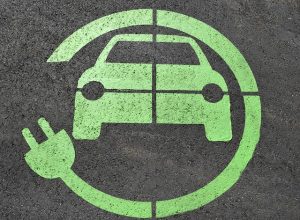
Gasoline is more expensive than electricity. Every family allocates a portion of its monthly budget for transportation. Electric vehicles enable people to save a portion of the money for other necessities.
Bottom line
Green Future |

There is nothing permanent in life but change, and we all hope to change for the better. Let us be watchful and adaptable as changes happen in the automotive industry. These changes will either be easy or painful but it will help us move forward to a cleaner and greener future.
If you like this post, feel free to share it with your family and friends. We are Balch Logistics, your trusted auto transport provider.







